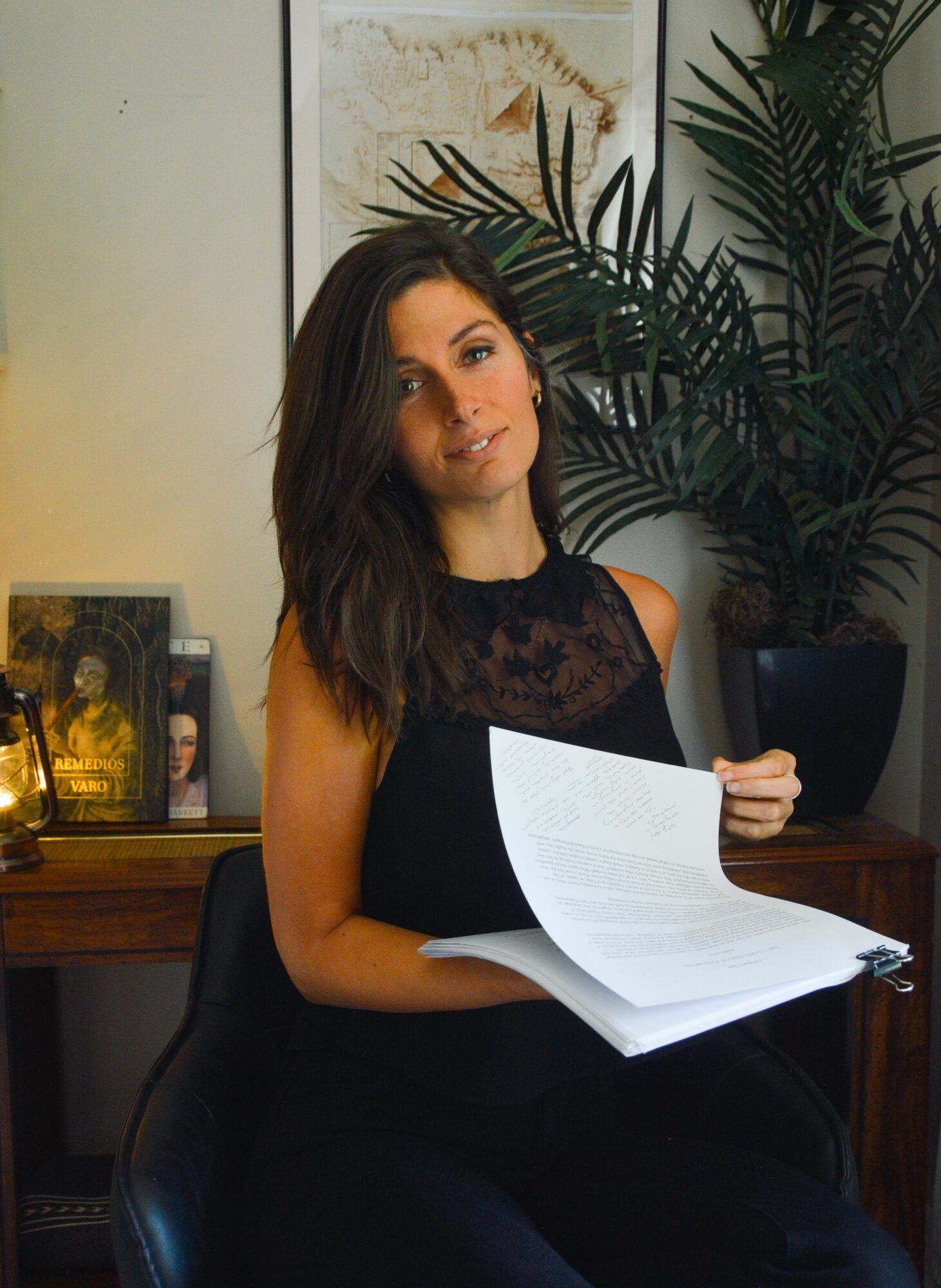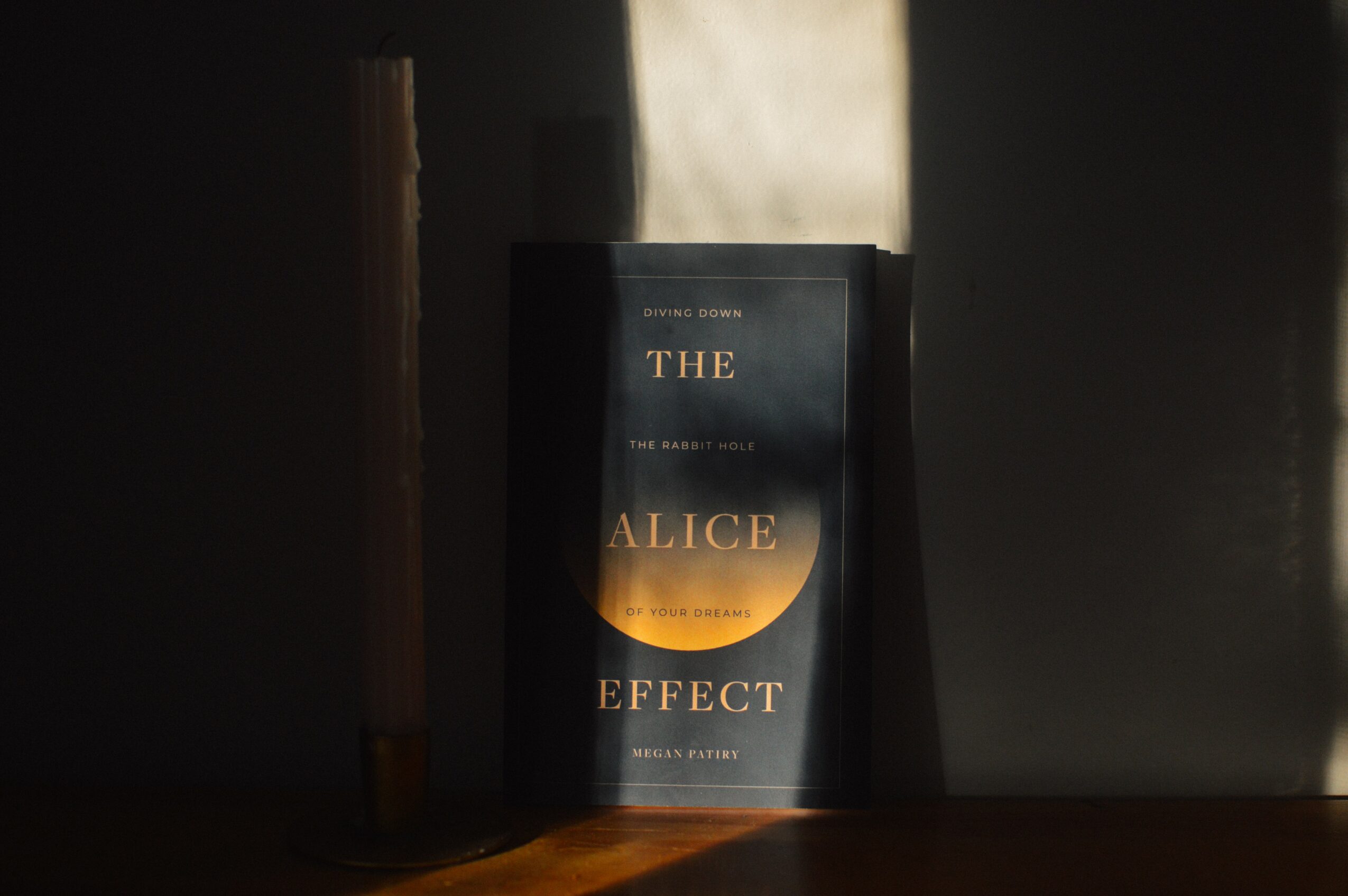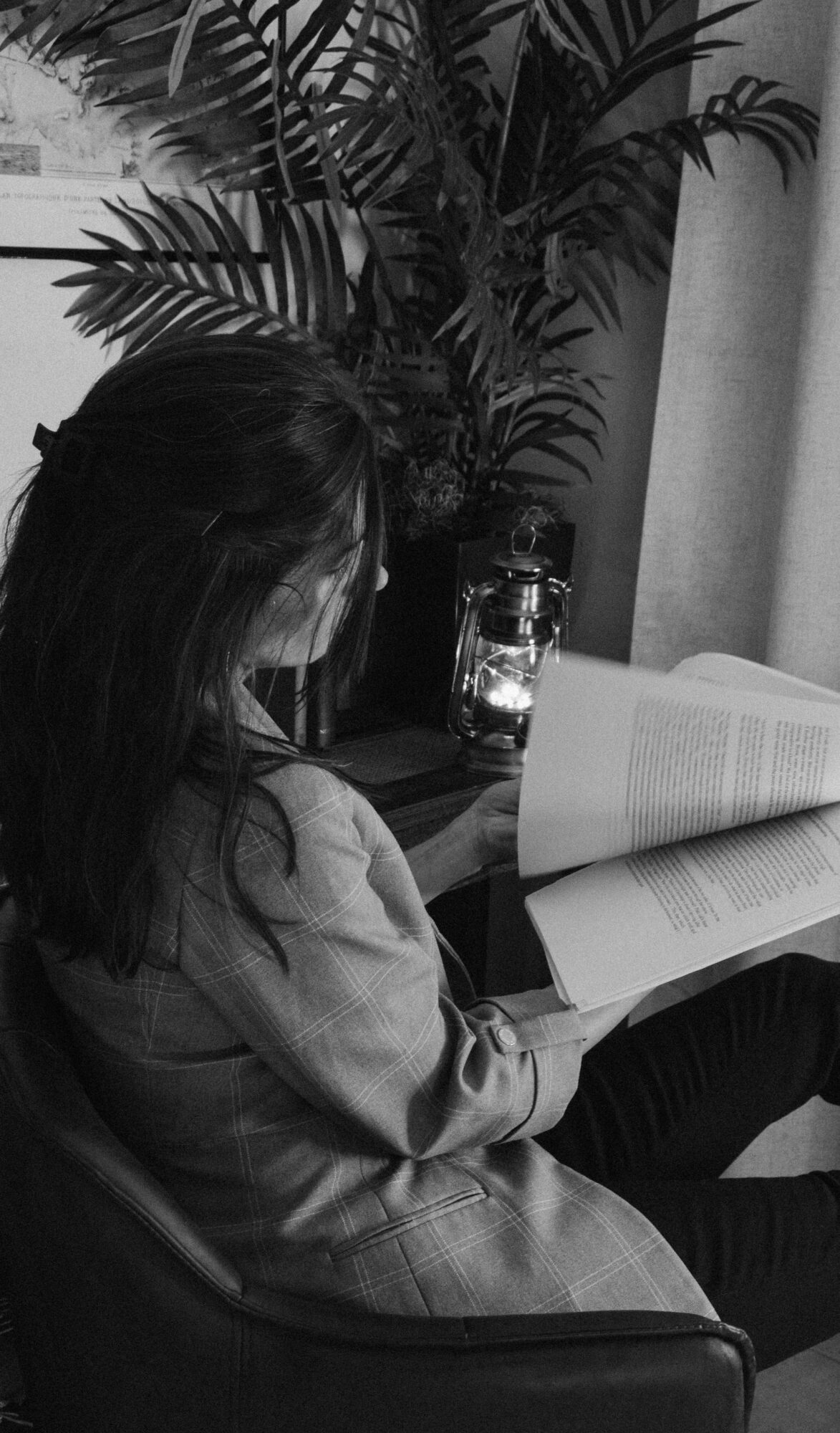

We recently had the chance to connect with Megan Patiry and have shared our conversation below.
Good morning Megan, it’s such a great way to kick off the day – I think our readers will love hearing your stories, experiences and about how you think about life and work. Let’s jump right in? Are you walking a path—or wandering?
If you had asked me this question last year, I would have answered that I felt like I was wandering, rather than walking a path.
But that was before I learned something incredible about mazes.
As you can imagine, it’s easy to see life as a type of maze. We’re dropped in, and soon enough, we have start making choices in order to reach our destination (aka, in order to achieve “success,” which can be thought of as navigating the maze of life and then successfully escaping, enlightened, with our desires in hand). Do we turn right? Left? Do we turn around? All we know is, we can’t go back too far! If we do, we risk being caught by one of the modern monsters lurking nearby (money, career reputation, evolving technology, the ticking biological clock, etc.).
And we can’t forget about the walls. Fear, shame, guilt, anger, despair. Emotions that ensure you’re kept in this ever-winding, pressurized cycle by preventing your escape. Unable to be scaled, these “walls” quietly loom over your next choice of direction.
But is that really their only purpose?
Ironically, in computer science, maze-solving algorithms maintain that one of the most effective ways to escape a maze is by following the Hand On Wall Rule. Following this rule involves placing either your left hand or right hand on the wall of a maze and holding it there as you walk. When you do this, you will eventually arrive at the exit, provided all the walls in the maze are connected (which, if we consider that all of the events or “walls” in your life are connected, then this rule applies). By continuously touching one side with one hand, you will eventually be led to the wall that frames the exit.
There is an incredible metaphor here. In the maze of life, we encounter many “walls.” And because we see them as obstacles, we continue to “wander” inside them and be pushed along by them. If we could only remove them or see around them, then we could “escape” into our desire, dream life, etc. We assume that, because of the walls, we remain lost.
The irony is, the very thing we perceive as an obstacle (the walls) is actually our guide to freedom.
When I said before that I previously felt like I was wandering, it was simply due to not recognizing that the walls I was encountering in my life were ultimately trying to lead me to my “escape.” And this escape, in this case, was finally having the courage to pursue a career path that is somewhat scary … but also the only one that feels like it’s meant for me.
In short, a poem:
There are so few days.
Too few to be stuck in a maze.
So touch the wall.
Risk it all.
Escape into your fate.
Can you briefly introduce yourself and share what makes you or your brand unique?
As a writer, certified Neuro-Linguistic Programming (NLP) Practioner, and published author and poet, I struggled for a few years trying to figure out how my passion for writing, psychology, and linguistics could merge to forge a career. Now, I use the psychology of language and a specific style of poetry to help people manifest their ideal lives and resolve trauma. I am currently working on my second book, The Perfect Tense, which will be released in early 2026.
In the meantime, you can find all of my content on my Substack, Sub Lingua (latin for “under the tongue” or “under the language”). Here I delve into how language affects perception to a degree most people are completely unaware of. Our perception of time and reality, our ability to achieve our goals, and even our ability to discern the truth in any situation hinges upon how language has shaped our way of “seeing” anything. You can find more here if you’re interested: https://meganpatiry.substack.com
You can find my first book, The Alice Effect, on the Waterstones website (UK) and Amazon, as well as a list of some of my past freelance work in the health sphere at: https://meganpatiry.journoportfolio.com
Great, so let’s dive into your journey a bit more. Who saw you clearly before you could see yourself?
My mother, my current partner, and a former good friend were the ones who — I’d like to think of it this way — truly saw my poetic heart. I think they noticed as I struggled a bit with the standard hustle culture, and so continuously encouraged me to continue writing poetry, even if there were no financial gains involved. This deeply influenced me to not only embrace this side of myself, which is quite dreamy and metaphysical in many ways, but to also integrate it into my career. Without their encouragement, I don’t know if I would have had the courage to purse the path I am on today.
When did you stop hiding your pain and start using it as power?
I have a theory that any negatives we experience in our lives (ESPECIALLY repeating negatives/patterns) occur not only because we are meant to overcome those experiences for ourselves, but ultimately so that we can teach others how to overcome them. To give an example, I recently edited a poetry book by a victim of domestic violence. It was inspiring because, instead of completely giving up on life due to being terribly abused, she decided to use that experience to publish a book that helps others navigate similar situations.
When we see our pain as our point of power in helping others, it transforms that pain into a catalyst. Instead of asking, “Why did this happen to me?” we instead help other similar victims with our insights — insights we wished someone had provided to us as we were navigating the experience.
Personally, I was extremely self-conscious and barely spoke when I was younger. Even through college, I was terrified of public speaking, or even just using my voice in general. Now, I recognize that language, our words and our voices, is one of the most powerful tools we have. Now, I no longer fear speaking out, but see it as a type of gratitude exercise — because I speak, I can help heal others.
Alright, so if you are open to it, let’s explore some philosophical questions that touch on your values and worldview. What would your closest friends say really matters to you?
I think they would say that if I wasn’t able to research the mysteries of life, the human brain, and the origin/inner workings of reality itself, I might go insane. However, I don’t necessarily think this is unique to me. We are one of the unhappiest generations, and I think it is precisely because we’ve lost the sense of mystery in our lives. Society makes it appear as though nearly everything has been “explained away,” when the truth is, nothing has truly been explained at all.
In the classic, probably-now-overused experiment in quantum physics, researchers discovered that particles have wave-like properties, and that consciousness affects the behavior of particles. Now, you read that and think, “Okay, great.” But that’s simply because most of the awe and implication has been stripped out of the language. What is being said is, in very simplified terms, is that conscious observation (our perceiving of something) potentially affects the behavior of particles and waveforms … the very things our universe is made of! And we still don’t really know the exact reason “why” this is.
To me, this sounds like nothing short of some type of magic—a mystery to be solved about our world. But we have a real problem in modern society where this idea of drawing out a mystery or implication from an experiment is considered “woo-woo” or “magical thinking.” In my opinion, the mystery behind these types of experiments is the true balm for the soul — without it, a general sense of unhappiness or feeling as if “nothing matters” pervades the entire society. My question is: what if even the act of you perceiving something “mattered”? What if by perceiving something, you could change something?
Before we go, we’d love to hear your thoughts on some longer-run, legacy type questions. If you knew you had 10 years left, what would you stop doing immediately?
I would stop trying to avoid the things I fear. The things you fear the most hold the most power to transform your life … and that is why you are afraid of them. You are afraid of the change they will catalyze, even if that change is positive. The old is familiar, and the familiar feels “safe” even if it is negative.
I would recognize that fear is not a threat but a guidepost, and utilize it as such. I would speak to it, and I would listen to it as it says, “I know you fear me, but how much more do you fear your un-lived life?”
I’ll sum this up with one of my quotes:
“Fear” is just another word for “missed opportunity.”
Contact Info:
- Website: https://substack.com/@meganpatiry
- Instagram: https://www.instagram.com/meganrosepatiry/?hl=en
- Linkedin: https://www.linkedin.com/in/meganpatiry

















